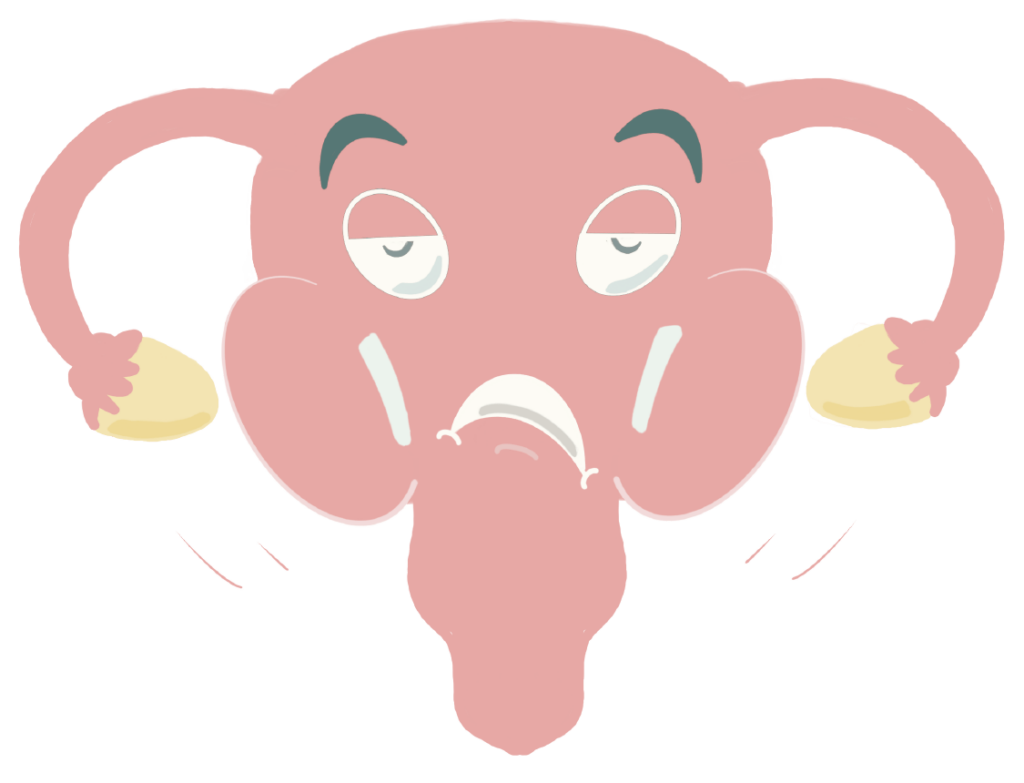
Taking a Bath After a Membrane Sweep: Precautions and Advice

Stomach pain, lower back pain, weight gain or constipation… being an expectant mother comes with its share of small symptoms. On top of that, a hard belly may also appear. How can this be explained? Should you consult a doctor?
Let’s take a closer look!
A hard belly is a common pregnancy symptom, just like the pulling sensations caused by ligament pain, nausea and vomiting during the first trimester, urinary leaks, or back pain. Week after week, you may notice these pregnancy discomforts, and a hard belly is often one of them (or not, for the luckiest ones).
What causes the belly to harden during pregnancy? Among the causes, the uterus grows more and more and eventually contracts. In response, the abdomen tightens, becomes tense, and hardens, which explains why an expectant mother sometimes experiences… a hard belly. Rest assured, there is nothing serious about it, it does not always signal the birth of your baby, and it does not necessarily require treatment. Here are a few explanations for this phenomenon.

Is it because of contractions? In general, pregnant women notice a hard belly starting from the fifth month of pregnancy, particularly due to the appearance of Braxton-Hicks contractions. This can indeed be one of the causes of a hard belly! Don’t worry, most of the time, Braxton-Hicks contractions are harmless, do not signal the start of labor, and only last a few seconds. They can appear as early as the second trimester, often after physical exertion. Sensation-wise, they can be mistaken for baby movements or ligament pain. In fact, they are not painful or resemble mild period cramps. However, we do recommend going to the maternity emergency room if Braxton-Hicks contractions exceed 10–15 per day. If they worry you, you can always consult a doctor to discuss them! It is therefore not surprising that, during actual labor contractions (this time signaling that birth is near), you feel your belly harden.
A small tip to recognize a Braxton-Hicks contraction: touch your belly when you feel it. If it is completely hard for a few moments and then relaxes, it is indeed a Braxton-Hicks contraction!
Yes, but that’s not the only explanation! For some pregnant women, a hard belly may be a sign of constipation, which results from the effect of progesterone (one of the key pregnancy hormones) on the intestinal muscles, but also from the mechanical effect of the growing uterus (as mentioned above), which compresses the digestive tract. On top of that, during pregnancy, some women are less active, which slows down bowel movements. Fortunately, there are many natural remedies and treatments to reduce constipation, such as drinking a large glass of cold water first thing in the morning or the juice of half a lemon in warm water, adopting the physiological position on the toilet, not holding back when you feel the urge to go… and many more! It is also important to pay attention to your diet, which is why we recommend eating foods rich in fiber 2 to 3 times a day, as well as foods containing magnesium. It is best to avoid foods that are difficult to digest, such as heavy or greasy dishes.
Do you sometimes notice that your pregnant belly is only hard on one side? This happens when the fetus moves inside the uterus. As it moves, it pushes on one side and makes that side of your belly hard. This is far from being a bad sign—in fact, it may even be the baby’s first kicks!
Rest assured, the baby does not feel your belly hardening, since it is surrounded by amniotic fluid, a wonderful shield throughout these three trimesters of pregnancy.
Want to learn more? Feel free to download the May app, where you’ll find plenty of resources to support and guide you throughout your pregnancy.
If your hard belly is painful, you can relieve it by prioritizing rest. This is especially true toward the end of pregnancy. You can also try these tips:

Pain can be concerning when it persists over time, especially if you are not in the final weeks of pregnancy. When the belly is constantly hard, it is best to consult a healthcare professional (midwife, doctor, gynecologist) to ensure it is not a retroplacental hematoma (when the placenta detaches prematurely due to a blood clot forming between the uterus and the placenta) or preeclampsia (high blood pressure during pregnancy).
If the hardening of the belly is accompanied by fever, nausea, or body aches, and the contractions are truly painful and regular, we recommend going to the maternity emergency room. If these symptoms are also accompanied by bleeding and you feel a decrease in fetal movements, do not wait.
A hard belly is one of the many symptoms of pregnancy and, in the vast majority of cases, it is harmless! We recommend resting well and consulting a healthcare professional if the state of your belly worries you too much.
This text was translated from French by an artificial intelligence. The information, advice, and sources it contains comply with French standards and may therefore not apply to your situation. Make sure to complement this reading by visiting the May US/UK app and consulting the healthcare professionals who are supporting you.
These resources might interest you

Taking a Bath After a Membrane Sweep: Precautions and Advice


Coloring your hair while pregnant: what precautions should you take?